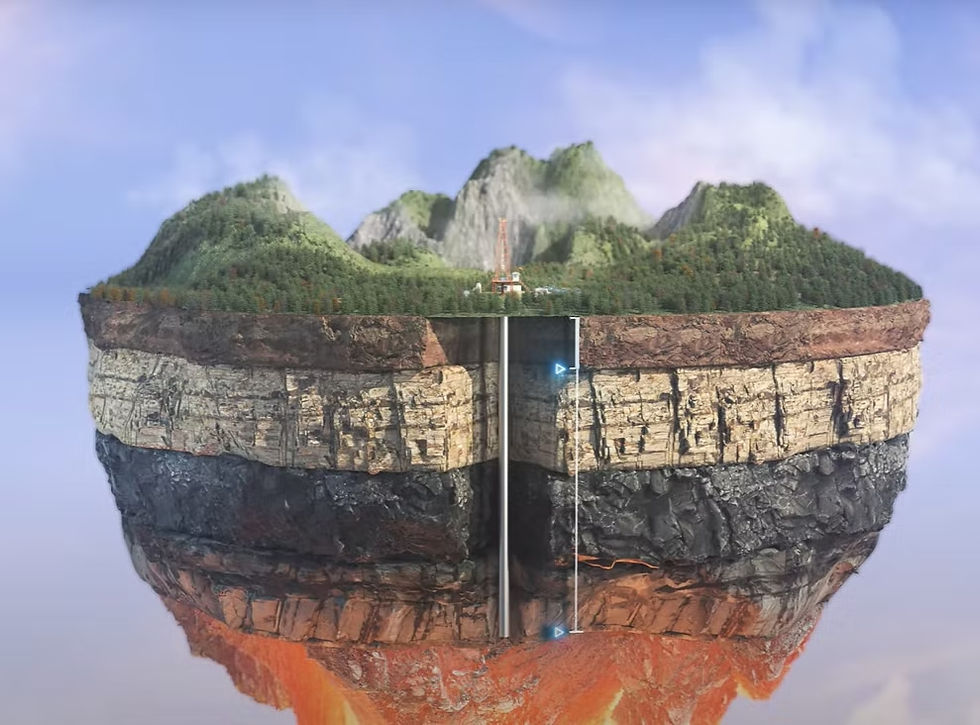‘The total energy content of the heat stored underground exceeds our annual energy demand as a planet by a factor of a billion,’ says Quaise Energy's founder.

With nuclear fusion being the poster boy for unlimited clean power still a decade away (as it has been for many years), it's good news to learn that another candidate for such a planet saving solution is on the table or, rather, a long way under it.
Enter Quaise Energy, which is developing a machine capable of digging the world’s deepest drill in an effort to potentially unlock enough renewable energy to power the entire planet. The US-based company is working on a rig that it hopes will reach 16km (10 miles) beneath the Earth’s surface in order to tap “inexhaustible clean energy” from geothermal heat in the crust.
The difficulties of drilling at those depths have meant tapping deep geothermal energy at scale has so far proved impossible. After boring through softer rock closer to the surface, Quaise Energy replaces traditional drill bits with milimetre wave energy (a bit like a microwave) that melts and vaporizes the harder rocks it encounters.
The technique was developed by researchers at MIT 15 years ago, and is finally ready to be taken out of the lab. However, like all such ambitious endeavours, there are still numerous hurdles to overcome but, at the very least, it does give cause for hope and optimism.
If successful Quaise Energy claims that any country on Earth could potentially become energy independent. The firm has already raised more than $63 million in an effort to commercialise the technology.
Today's Articles
Terayacht Floating City: This truly vast - wave and solar powered - vessel is designed to accommodate 60,000 guests.
Wonders of Nature: New analysis suggests that plants can pass on climate adaptation tips to their offspring.
Huge Trolls: Thomas Dambo’s Giants of Mandurah, hidden in the Australian outback, are towering tributes to sustainability, adventure and imagination.
More Good News Articles: A handful of last week's most popular stories (and most watched video), if you would like to catch up.